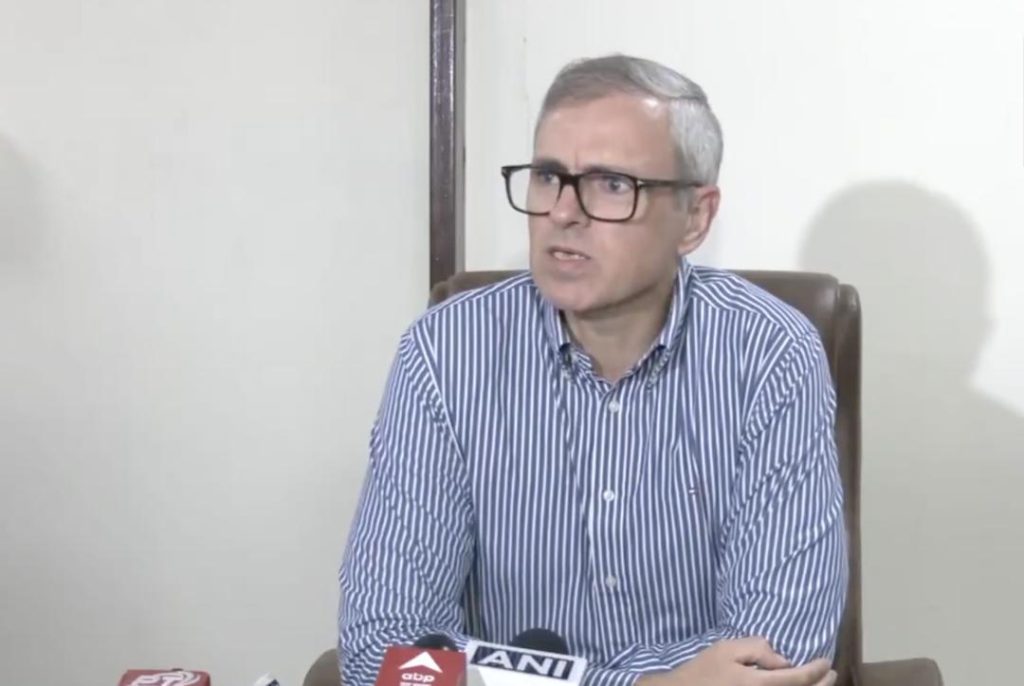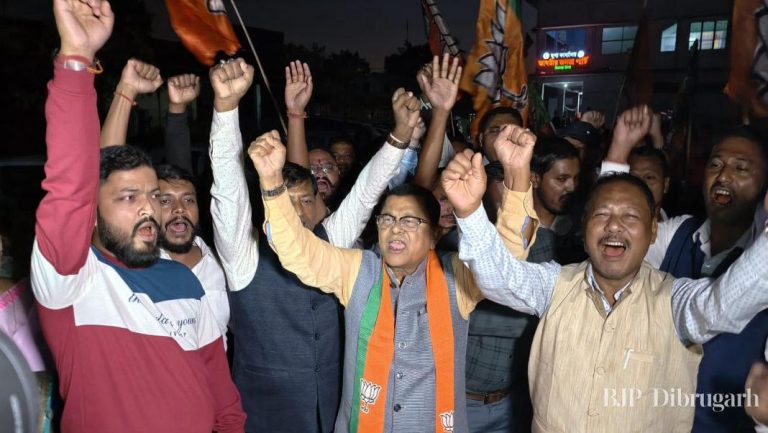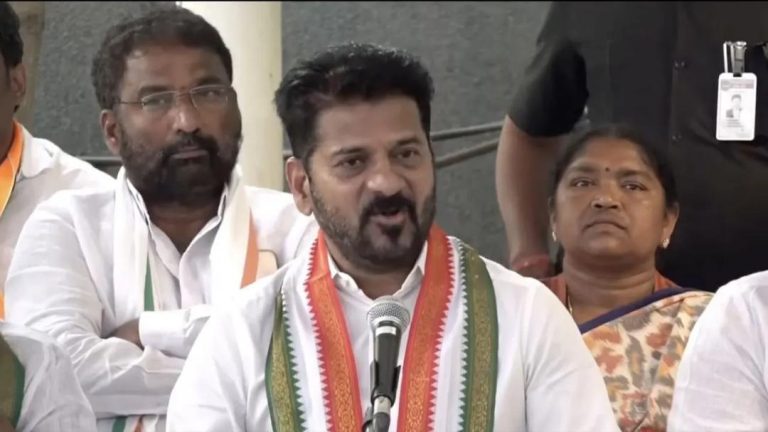
Why Should I Send Water to Punjab?: J&K CM on Canal Proposal
The debate over sharing water resources among Indian states has once again taken center stage, with the recent proposal to build a 113 km-long canal to redirect surplus water from three western rivers in Jammu and Kashmir (J&K) to Punjab, Haryana, and Rajasthan. The proposal has sparked a heated discussion, with J&K Chief Minister Omar Abdullah voicing his concerns about the idea.
In a recent statement, Omar Abdullah expressed his reservations about redirecting water from J&K to Punjab, citing the Indus Waters Treaty. “Why should I send water to Punjab?” he asked. “Punjab already had water under the Indus Waters Treaty. Did they give us water when we needed it?” The Chief Minister’s questions have sparked a lively debate about the sharing of water resources, the impact of climate change on water availability, and the need for sustainable water management practices.
The proposed canal is intended to divert excess water from the Chenab, Ravi, and Beas rivers in J&K to the states of Punjab, Haryana, and Rajasthan. The canal is expected to benefit these states by providing them with additional water for irrigation and other uses. However, the proposal has been met with opposition from J&K, which is concerned about the potential impact on its own water resources.
Omar Abdullah’s concerns are not unfounded. J&K is already facing a water crisis, with many areas experiencing water scarcity. The state’s water resources are under pressure due to a combination of factors, including climate change, over-extraction of groundwater, and inefficient water management practices. The state is also home to several key waterways, including the Jhelum, Chenab, and Ravi rivers, which are essential for irrigation and other uses.
In addition to the concerns about water availability, the Chief Minister has also expressed concerns about the potential environmental impact of the canal. “We are not against sharing water,” he said. “But we need to ensure that our own water needs are met first. We also need to consider the environmental impact of the canal on our rivers and wetlands.”
The Chief Minister’s concerns are echoed by many environmental organizations, which have expressed concerns about the potential impact of the canal on the fragile ecosystem of the Indus Basin. The Indus Basin is home to several endangered species, including the Indus dolphin and the Himalayan brown bear, and is also a critical habitat for migratory birds.
The proposal to build the canal has also sparked concerns about the potential economic impact on J&K. The state’s economy is heavily dependent on agriculture, and any reduction in water availability could have significant economic implications. The Chief Minister has also expressed concerns about the potential impact on the state’s tourism industry, which is an important source of revenue.
Despite the concerns, the Indian government has pressed ahead with the proposal, citing the need to address the water crisis in other states. The Union Ministry of Water Resources has argued that the canal will help to address the water scarcity in Punjab, Haryana, and Rajasthan, which are critical agricultural regions.
However, many experts argue that the proposal is short-sighted and neglects the long-term implications for J&K’s water resources. “The proposal is based on a flawed assumption that J&K has excess water to spare,” said Dr. Ashok Kumar, a water expert from the Indian Institute of Technology (IIT). “In reality, J&K is facing a severe water crisis, and any reduction in water availability could have significant economic and environmental implications.”
The debate over the proposed canal highlights the need for a more nuanced and sustainable approach to water management in India. While it is essential to address the water crisis in other states, it is also critical to ensure that the water needs of all states are met in a sustainable and equitable manner.
In conclusion, the proposal to build a 113 km-long canal to redirect surplus water from J&K to Punjab, Haryana, and Rajasthan is a complex issue that raises important questions about water sharing, climate change, and sustainable water management practices. While the Chief Minister’s concerns are understandable, it is essential to consider the long-term implications of the proposal and to adopt a more sustainable approach to water management in India.






